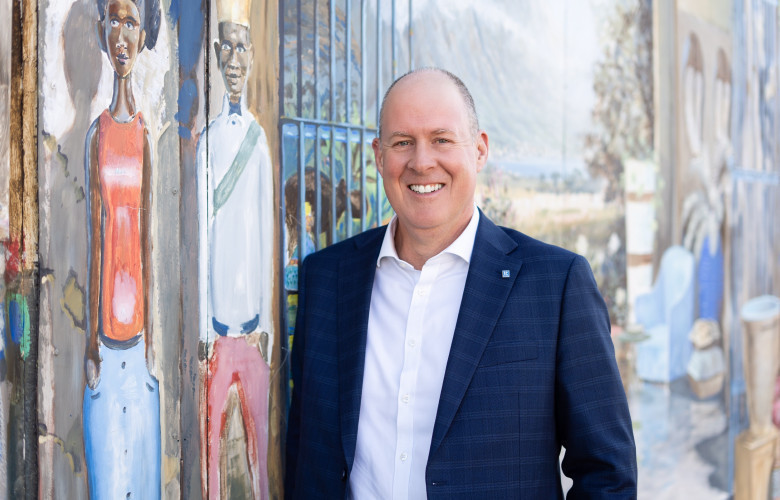Evidence suggests interest rates should stay on pause - REIA
Contact
Evidence suggests interest rates should stay on pause - REIA
ABS data shows that the Consumer Price Index (CPI) rose 1.4% in the March quarter of 2023 and 7.0% over the twelve months.
ABS data shows that the Consumer Price Index (CPI) rose 1.4% in the March quarter of 2023 and 7.0% over the twelve months.
“This is down on the annual figure for the December quarter of 7.8% and is the lowest quarterly increase since the December quarter of 2021 and clearly confirms a slowing down in the rate of increase,” said REIA President, Hayden Groves.
“The most significant price rises were medical and hospital services, up 4.2%, tertiary education, up 9.7%, gas and other household fuels, up 14.3%, and domestic holiday travel and accommodation, up 4.7%.
“The rate of price growth for new dwellings has continued to ease this quarter, following a record annual rise in the September 2022 quarter, reflecting improvements in the supply of construction materials and an easing in demand.
“Rents increased by 4.9% annually on a weighted capital city basis, the largest annual rise since 2010, and compares to 4.0% for the twelve months to December. In Sydney and Melbourne the annual increases were 4.8% and 3.1%, respectively. These are the largest annual increases since 2012. Annual growth in rent prices for the remaining capital cities continues to outpace price growth in Sydney and Melbourne.
“The rent measure incorporates a new large dataset of rental properties as outlined in the paper “New insights into the rental market” released early this week. It should be noted that the measure of rents in the CPI includes prices for both the public and private rental market and accounts for rental assistance in the private rental market. This is in contrast to other measures which measure rents in private rental market only and exclude rental assistance. As such the CPI measure of rents will be lower than other measures.
“The important analytical series, trimmed mean annual inflation, which excludes large price rises and falls, was 1.2% for the quarter and 6.6% for the twelve months, down from 6.9% in December which was the highest since the ABS first published the series in 2003.
“With the CPI having peaked late last year as was forecast by the RBA it is time for it to continue to keep a pause on further rate rises at its meeting next week allowing additional time to consider additional data showing the lagged impact of the previous ten rate increases and assess the outlook for the economy,” concluded Mr Groves.





